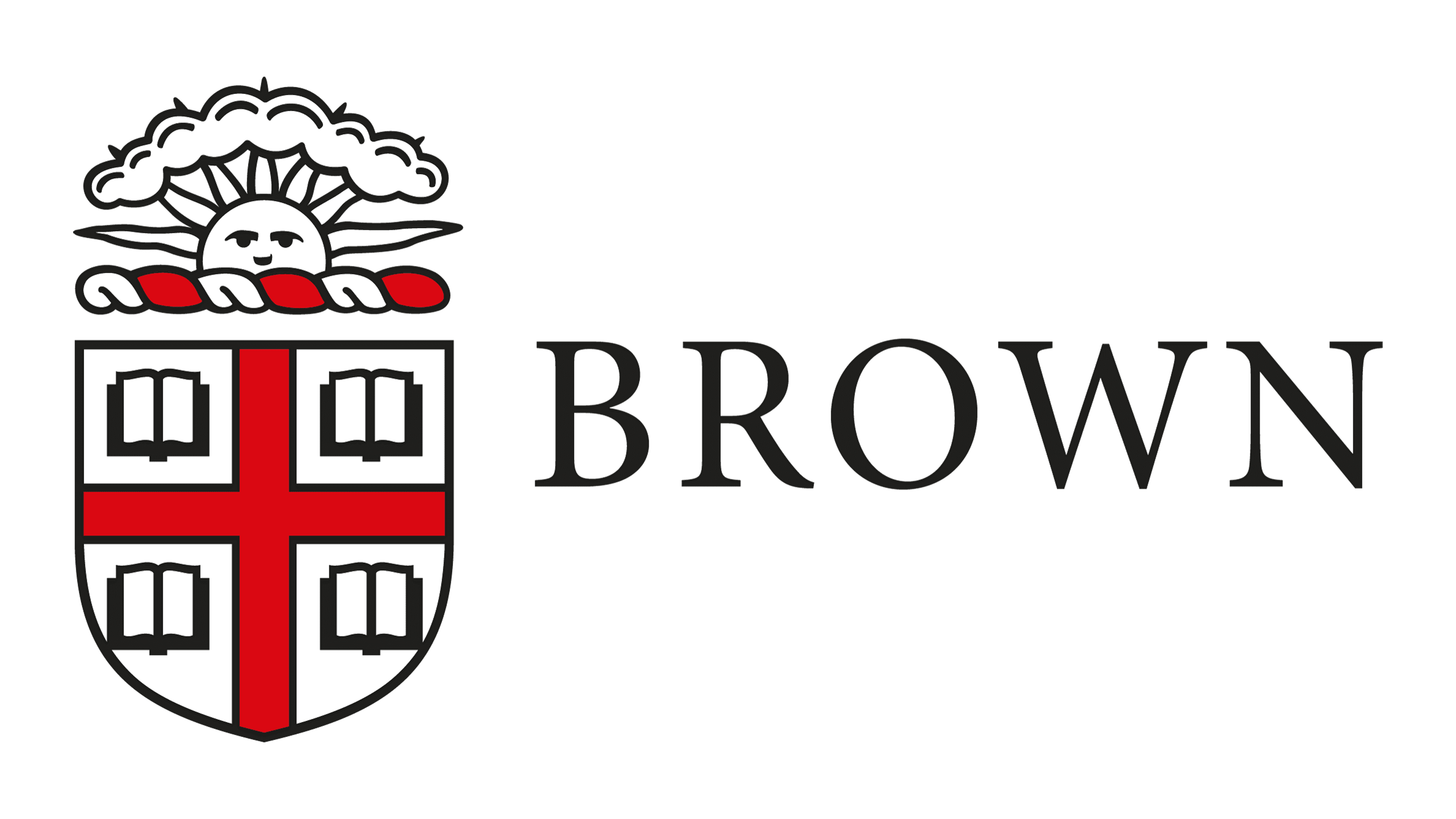Can Teachers Effectively Deliver Evidence-based Mental Health Interventions in Sierra Leone?

In collaboration with IPA Sierra Leone and Caritas Freetown, Brown University faculty are conducting a randomized evaluation to measure whether teachers can effectively implement a mental health intervention for secondary school students. IPA Sierra Leone provided research support in data collection for the intervention.
Worldwide, nearly 15 percent of adolescents live with mental health issues.1 This can be exacerbated in conflict and post-conflict settings where limited support structures may exist, such as Sierra Leone. For instance, the mental health treatment gap for young people in Sierra Leone—the percentage of individuals who require care but do not receive treatment—is over 99 percent.2 This can have significant negative impacts in the future, including increased exposure to poverty.3
One youth mental health intervention that has been implemented in Sierra Leone previously is the Youth Readiness Intervention (YRI). The YRI was culturally developed in Sierra Leone and incorporates aspects of cognitive behavioral therapy, interpersonal therapy, and mindfulness techniques to improve emotion regulation, interpersonal skills, and problem-solving abilities. The YRI has been shown to improve mental health and persistence in school previously and non-expert health workers can deliver it. However, given Sierra Leone’s limited health infrastructure, this can pose a challenge to the program’s sustainability. Evidence from across Sub-Saharan suggests that teachers’ involvement in delivering mental health interventions can lead to improved outcomes for students.4 Can teachers deliver YRI with quality and is it feasible at scale?
A researcher from Brown University and collaborating researchers* have partnered with IPA Sierra Leone and Caritas Freetown—a Catholic community development NGO—to conduct a randomized evaluation to measure whether teachers can effectively deliver YRI in secondary schools. They are also testing a mobile phone-based supervision strategy to support delivery quality. Teachers completed training two weeks of YRI training, which consisted of role-playing, didactics, direct practice with the YRI manual, and group discussions. YRI experts based at Caritas Freetown are providing supervision to teachers in person or via the mobile-based mHealth app integrated with WhatsApp as they deliver the intervention.
A total of 50 rural and urban secondary schools (1,200 students) in the Western region of Sierra Leone have been randomly assigned to either receive the YRI intervention with mobile phone-based teacher supervision (20 schools); the YRI intervention with in-person teacher supervision (20 schools); or serve as a comparison group and receive the YRI intervention after the study concludes (10 schools). Researchers will measure the feasibility, acceptability cost, and fidelity to the YRI among teachers receiving mobile supervision compared with those receiving standard, in-person supervision; the impact of YRI participation on students’ mental health and educational outcomes; and factors influencing the sustainability of the intervention with schools in Sierra Leone.
Results will be available during the final year of the project in early 2027.
* Collaborating researchers: Theresa S. Betancourt, Bidemi Carrol, Alethea Desrosiers, Walker Higgins, Fatoma Momoh, Diana Bowser, Cara Antonaccio
Sources
1. World Health Organization, “Mental health of adolescents,” World Health Organization, November 17, 2021, https://www.who.int/news-room/fact-sheets/detail/adolescent-mental-health
2. Yoder, Hélène NC, Wietse A. Tol, Ria Reis, and Joop TVM de Jong. "Child mental health in Sierra Leone: a survey and exploratory qualitative study." International journal of mental health systems 10, no. 1 (2016): 1-13.
3. Rathod, Shanaya, Narsimha Pinninti, Muhammed Irfan, Paul Gorczynski, Pranay Rathod, Lina Gega, and Farooq Naeem. "Mental health service provision in low-and middle-income countries." Health services insights 10 (2017): 1178632917694350.
4. McMullen, John D., and Nadia McMullen. "Evaluation of a teacher-led, life-skills intervention for secondary school students in Uganda." Social Science & Medicine 217 (2018): 10-17.
McMullen, John, Paul O'callaghan, Ciaran Shannon, Alastair Black, and John Eakin. "Group trauma‐focused cognitive‐behavioural therapy with former child soldiers and other war‐affected boys in the DR Congo: A randomised controlled trial." Journal of Child Psychology and Psychiatry 54, no. 11 (2013): 1231-1241.
Research Partner

Implementing Partner












